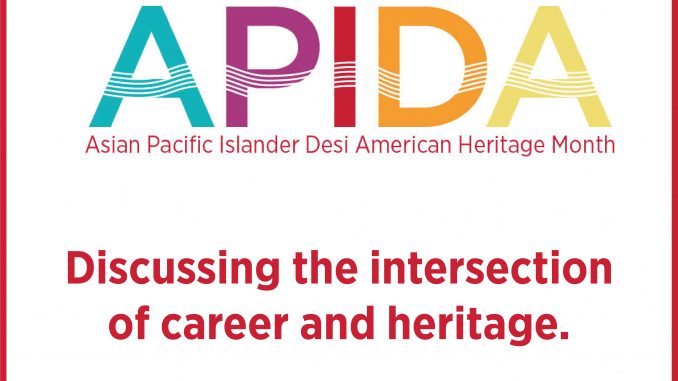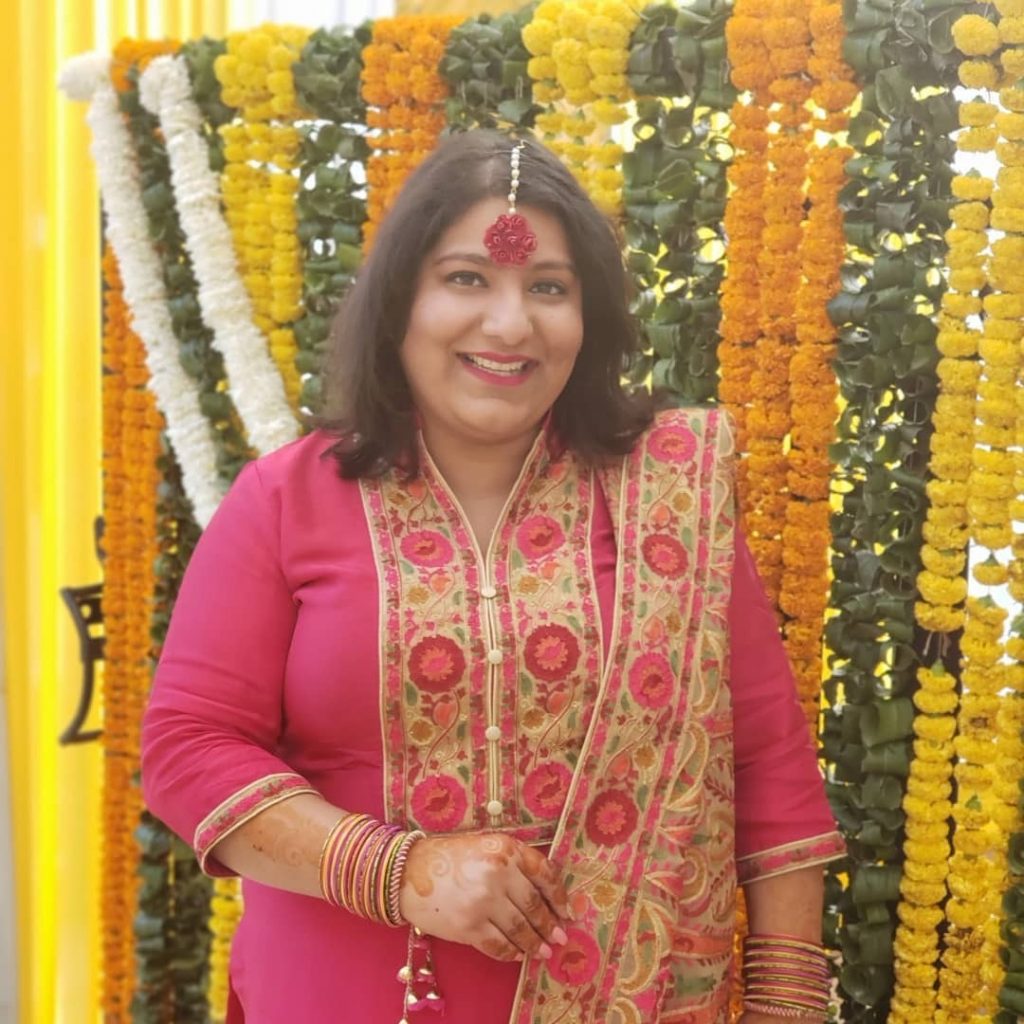
Discussing the intersection of career and heritage.
There was an overwhelming isolation in my master’s program where I was “the only” of my racial/ethnic/religious identity. My very first day of orientation, my assigned academic advisor and professor scoffed, “there are so many Indian students in the College of Medicine, don’t you think you’d be better off getting your degree in medicine?” She had no idea the price I paid in my personal life to make the decision to pursue a Master’s in diplomacy and overcome the positive stereotype she had about me as a South Asian American woman. Another professor consistently paired me in group assignments covering foreign policy with “non-American students,” assuming that since I was South Asian, therefore I couldn’t be an American citizen. I was a perpetual foreigner from Kindergarten-Graduate School. It surprised my professors when I brought up registering for and passing the FSOT (Foreign Service Officer Test), a requirement for career US foreign services officers/public servants. Despite these experiences, there were two main Sikh values which informed my resilience: Miri and Piri.
Miri-Piri Resilience
Sikh Americans not exclusively Punjabi (Indian/Pakistani) or South Asian/Desi (see Black Sikh Initiative). However, Sikh Americans have our own respective culture informed by a warrior ethic of Miri and Piri. In my own words, I understand Miri to mean personal-political sovereignty and Piri to mean spiritual agency. The Sikh Guru Hargobind Sahib initiated the values and symbolic swords of Miri and Piri centered by a Khanda (This is the symbol you’ll find featured by the Miami University Sikh Student Association instagram page). Certainly, as an APIDA Punjabi-Sikh woman, I have leaned in to my cultural values to overcome societal stigmas both within my ethnic community and stereotypes in greater American society which otherwise de-privileges my religious-cultural identity. Miri and Piri are values in my language, culture, and religious-cultural tradition which empower me and encourage me to overcome challenges and barriers to my career and academic success, time and time again.
Advice
Lean in to your respective religious, secular, spiritual cultural values and traditions to overcome stigmas and stereotypes. APIDA students are diverse, our worldviews are vast and numerous. There is strength in remembering and owning one’s sense of identity. Being yourself allows you to remain focused on who you are and what you believe in when facing relentless racism-sexism. Your values don’t need to be translated into English or understood by others to be impactful or personally meaningful. In a society where APIDA religious-cultural identity might be deprivileged (as Dharmic (Hindu, Sikh, Jain, Buddhist) APIDA students’ identities often are), overcome by seeking strength in your values. For me, this meant seeking out literature by Sikh American feminist professors. Whether you identify as APIDA Sikh or not, I recommend reading, Dr. Nikky-Guninder Kaur-Singh’s, The Birth of the Khalsa: A Feminist Rememory of Sikh Identity to develop your cross cultural knowledge base about Sikhs.

